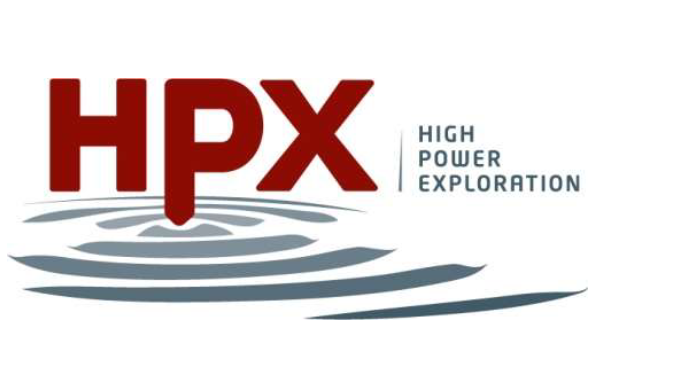The proposed Liberty Corridor project, a $5 billion endeavor announced in 2023 by High Power Exploration (HPX) and its Liberian subsidiary, Ivanhoe Liberia, has failed to materialize. The ambitious plan, which envisioned a new railway from Guinea through Liberia, a deep-water port, and a regional economic corridor, has stagnated with no feasibility study, construction, or environmental assessment conducted. Additionally, Guma Group, initially presented as a key development partner, has disappeared from public discourse, raising serious questions about the project’s viability and HPX’s commitment. Instead of focusing on the promised Liberty Corridor, HPX has shifted its attention to acquiring control of the existing Yekepa-Buchanan railway, operated by ArcelorMittal Liberia (AML).
HPX’s demand to remove AML as the railway operator, despite AML’s substantial investment of over $800 million in rebuilding and modernizing the infrastructure, is not only unfair but also financially irresponsible for Liberia. The initial concept of the Liberty Corridor was an independent infrastructure route for HPX to transport iron ore from Guinea, generating jobs, tax revenue, and demonstrating HPX’s development capacity. However, this vision remains unfulfilled two years later. Now, HPX seeks to exploit existing infrastructure built by another investor, demanding control instead of simply requesting access, which is already guaranteed under AML’s existing agreement.
HPX’s argument for an independent railway operator masks the substantial financial burden it would place on Liberia’s already constrained budget. Establishing an independent operator would necessitate funding, a new regulatory framework, equipment acquisition, and risk management protocols, potentially leading to operational disputes and delays in revenue generation. Essentially, Liberia would be forced to shoulder the considerable expense of replacing a functioning, privately-funded operator with an untested and unnecessary structure.
The unexplained absence of Guma Group, HPX’s supposed strategic partner in the Liberty Corridor project, further undermines HPX’s credibility. The lack of transparency regarding Guma’s withdrawal or the project’s current status suggests that HPX’s primary focus may be short-term gains rather than genuine commitment to long-term infrastructure development. This casts doubt on their initial promises and raises concerns about their intentions in Liberia.
AML’s planned Phase II expansion, a $1.2 billion investment promising significant economic benefits for Liberia, including job creation, local supply chain expansion, and increased tax revenue, hinges on AML’s continued operation of the railway. Removing AML as the operator would jeopardize this crucial investment, damage Liberia’s reputation for investor reliability, and discourage future investments. It would essentially reward HPX for its lack of contribution while penalizing AML for its substantial investment and ongoing commitment.
Liberia faces a critical decision: support companies like AML that demonstrate tangible investment and commitment to the country’s future or cede control of its infrastructure to entities like HPX that have failed to deliver on their promises. HPX’s abandonment of the Liberty Corridor project and its current attempt to seize control of AML’s railway underscore the importance of prioritizing real development over empty rhetoric. Liberia must protect its existing infrastructure and hold investors accountable for their commitments, rejecting illusory investments in favor of tangible progress. The country cannot afford to be misled by grand pronouncements that lack substance and jeopardize genuine economic development opportunities. The focus should be on fostering partnerships that contribute meaningfully to Liberia’s long-term prosperity.


